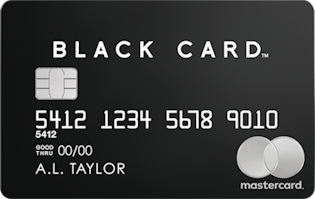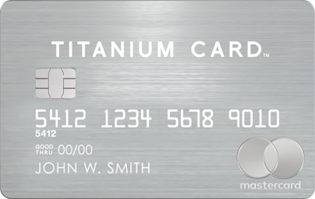
The Luxury Look: High Voltage
Electric has finally reached lightning speed with two-wheeled modes of transportation.
By Basem Wasef
Photography frankie batista
Styling heidi meek
The fully evolved expression of the battery-powered sport motorcycle from Santa Cruz, California–based startup Zero Motorcycles is all but unrecognizable from the 13-year-old brand’s initial EVs, which were closer to glorified mountain bikes than well-rounded motorcycles. Though the SR/F’s false tank mimics the fuel reservoirs of internal combustion motorcycles, the hump contains a storage compartment with dual USB ports for cell phone or accessory charging. Nestled beneath is a lithium-ion battery pack, which couples to an air-cooled motor producing some serious grunt: 110 horsepower and 140 ft. lb. of torque. That power is capable of whisking the bike to 60 mph in a scant 3.5 seconds, with a top speed of 124 mph. Cracking open the throttle induces an intoxicating rush of acceleration that delivers fierce but surprisingly Zen-like sensations: just over a subtle mechanical whine, you can hear birds chirping while scooting along at obscene speeds.
Unlike brutishly quick gas-powered superbikes whose power plants are plumbed with ignition wires and cooling fixtures, the Zero’s packaging is tidy: the monolithic battery pack lends an intriguing visual intersection with 45-degree corners strengthening the steel trellis frame. A suite of electronics includes a customizable LCD dashboard, a sophisticated stability control system, and an app that uses cellular data to transmit key info on charge state and security alerts. Offering up to 161 miles of range in city riding, or a combined range of 109 miles (based on 70 mph highway cruising speeds), the SR/F is capable of recharging in 80 minutes, or 60 minutes when equipped with the optional $2,300 rapid charger.
Ridesharing companies like Bird and Lime get a bad rap for their sidewalk-littering rides, but that hasn’t stopped entrepreneur Gal Hagoel from building what he dubs the world’s first supersport e-scooter. RION Motors makes beefy and geometrically faceted machines, utilizing carbon-fiber construction and high-performance hardware that bears little resemblance to the ubiquitous ridesharing e-scooters. Incorporating performance hardware that includes a 19,200-watt motor and an 80-volt battery, RION’s flagship RE80 model is capable of hitting a ludicrous 80 mph—enough to get you arrested in any state, especially if you’re indiscreet enough to be flying down the sidewalk. Thankfully a smartphone app can dial down the power and responsiveness, taming the fearsome two-wheeler into a more approachable ride. RION’s scooters are built by hand in Los Angeles with top-shelf components including brakes sourced from mountain bike component manufacturer Magura. Currently available is a $5,500 standard model with a top speed of 60 mph and 30–40 miles of range. The top-dog RE80 version is $1,000 extra and can travel 30 miles before needing a recharge.

Vince jacket, $1,795; vince.com
Rag & bone shirt, $150; rag-bone.com
Paige jeans, $200; paige.com
Frye boots, $328; thefryecompany.com
Dainese gloves, $120; dainese.com
Arai helmet, $700; araiamericas.com
Zero SR/F, $18,995; zeromotorcycles.com

John Varvatos jacket, $398; johnvarvatos.com
James Perse shirt, $115; jamesperse.com
Frame jeans, $210; frame-store.com
Vans shoes, $70; vans.com
Tumi messenger bag, $325; tumi.com
RION2 RE80, $6,500; rionmotors.com

POWER YOUR RIDE
The latest accessories to enhance your tour.
Don’t go riding at warp speed without the proper safety gear. For protection that’s as techy as your battery-powered steed, it doesn’t get more future-forward than the Dainese Tuono D-air leather jacket. The Italian-made jacket features perforated leather and CE-rated armor for impact protection. But the pièce de résistance is a safety system that utilizes three built-in accelerometers and gyroscopes to detect dangerous situations, protecting your chest with an instantly inflatable airbag as needed. $1,700; dainese.com
Need a quick battery fill-up at home? The ChargePoint Home Flex EV Charger claims the speediest charge times, thanks to adjustable amperage up to a robust 50-amp connection offering charging speeds up to nine times more than through a standard wall outlet. The WiFi-enabled unit can be programmed to set reminders and schedule charging anytime. $700; chargepoint.com
The Cardo Freecom 4+ is a small, waterproof accessory that brings music streaming and telephone calls to the comfort of your motorcycle helmet. A natural voice-command system encourages hands-free operation so you can tackle your favorite road without fiddling with controls, and a Bluetooth intercom enables group chats with other riders with nearly a mile of range. $250; cardosystems.com




